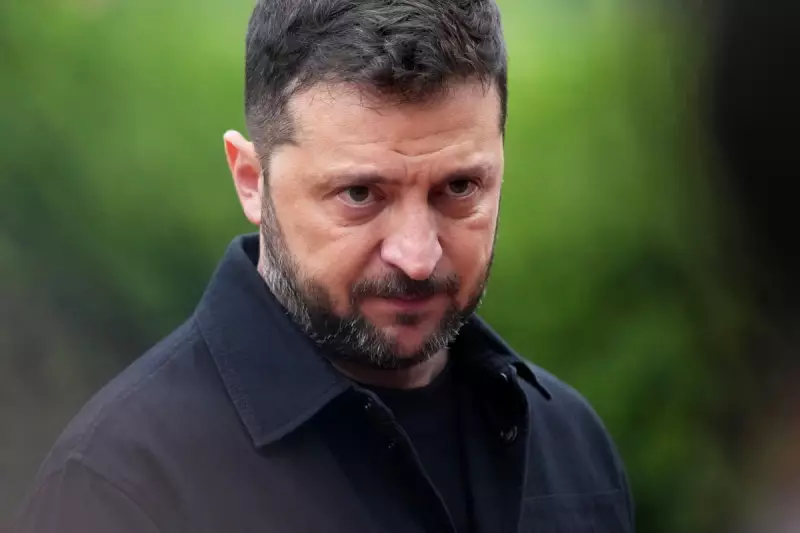
Explosive leaked documents have uncovered a clandestine plan allegedly orchestrated by former US President Donald Trump that would have dramatically reshaped Eastern European geopolitics.
According to a bombshell report based on internal communications, Trump and his inner circle were preparing to coerce Ukraine into accepting a peace deal that would formally cede Crimea to Vladimir Putin's Russia. This controversial strategy was reportedly being developed without the knowledge of key US national security officials.
The Backchannel Operation
Two key figures close to Trump, Senator Lindsey Graham and former ambassador to Germany Richard Grenell, were allegedly involved in these unofficial diplomatic channels. Their mission: to convince Ukrainian officials that accepting the loss of Crimea was their only viable option under a potential second Trump administration.
The plan involved leveraging critical US military aid as bargaining chips, essentially forcing Ukraine to the negotiating table on terms favourable to Moscow. This approach would have represented a significant departure from longstanding US foreign policy and current Biden administration support for Ukrainian sovereignty.
Alarm Bells in Washington and Kyiv
The revelations have sent shockwaves through diplomatic circles. Current and former US officials expressed profound concern about these backchannel efforts, describing them as dangerously undermining official policy and potentially violating laws against private citizens conducting foreign policy.
Ukrainian officials, already fighting a brutal war against Russian aggression, have consistently maintained that Crimea is non-negotiable territory. Any US pressure to accept its annexation would represent a devastating betrayal of their sovereignty.
A Pattern of Pro-Russia Posturing
This alleged plan aligns with Trump's longstanding admiration for Vladimir Putin and his frequent criticism of US support for Ukraine. During his presidency and subsequent campaign, Trump has repeatedly suggested that Ukraine should make significant concessions to end the conflict.
The leaked communications suggest these weren't merely rhetorical flourishes but part of a concrete strategy being developed for potential implementation should Trump return to power in 2024.
As the world watches these developments unfold, the revelations raise serious questions about the future of US foreign policy and its commitment to defending democratic allies against authoritarian aggression.





